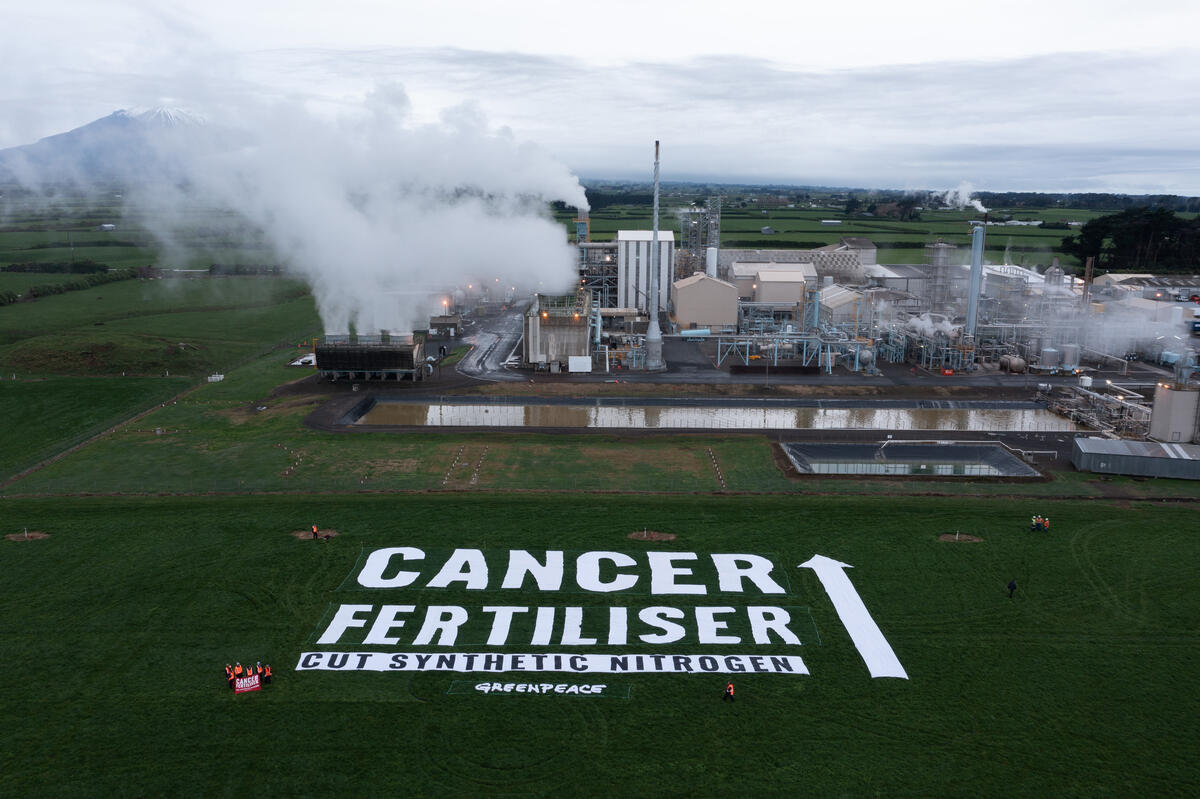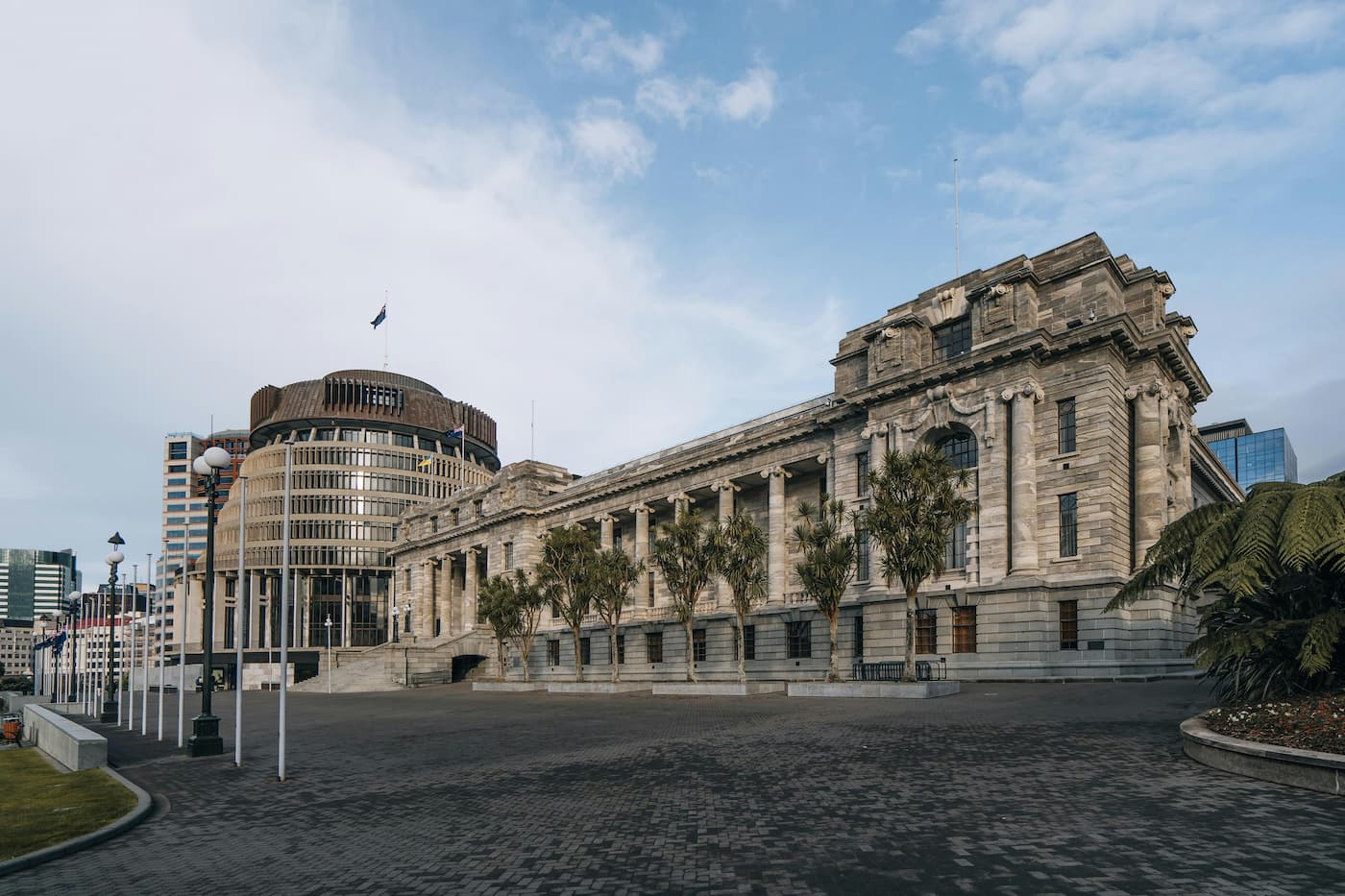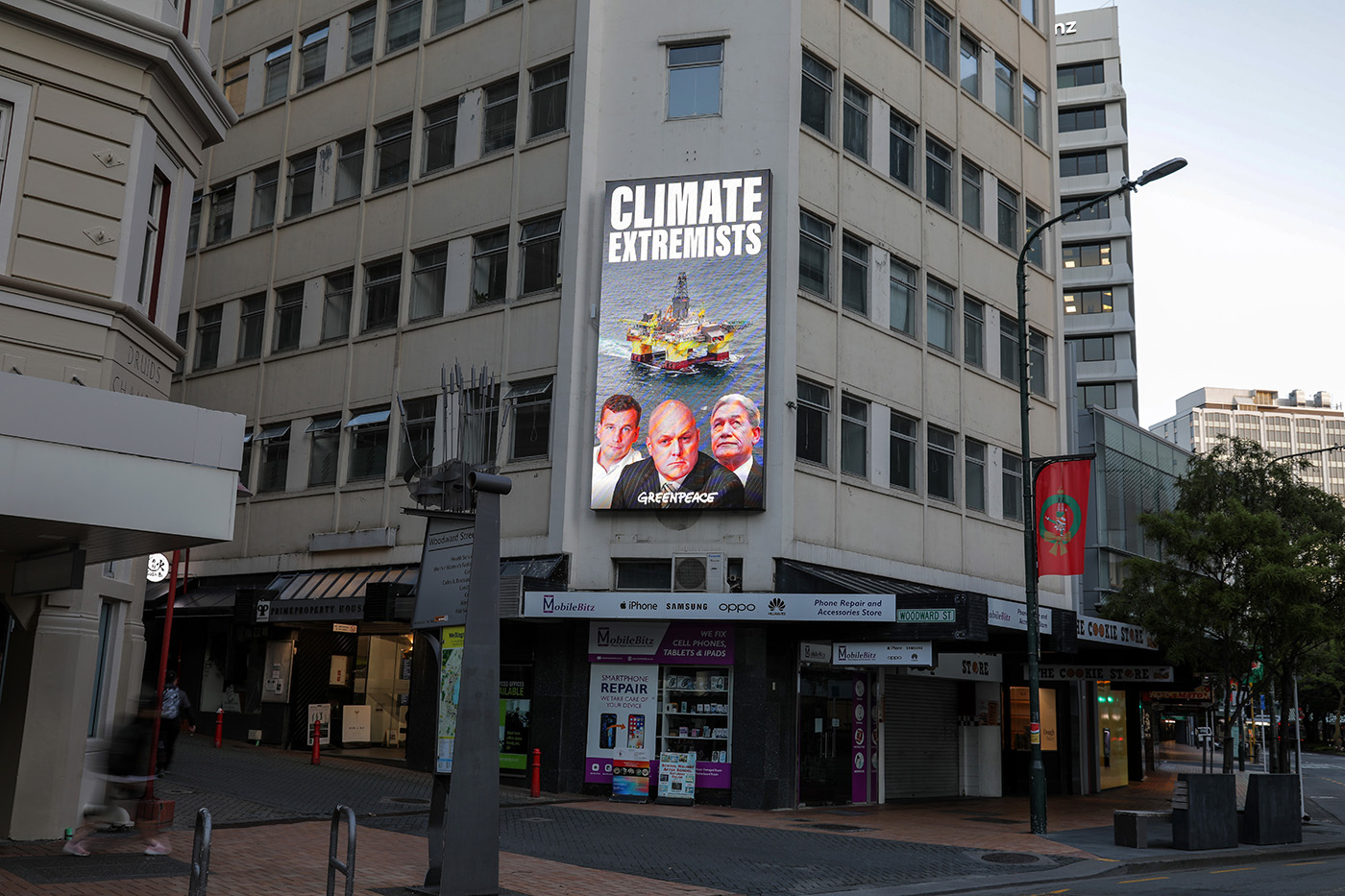Greenpeace has released a short documentary featuring Tui Warmenhoven (Ngāti Porou), who is a Tairāwhiti community leader, a lawyer, a researcher and the Greenpeace Aotearoa board chair.
With cyclone Gabrielle and Hale before it, Tui Warmenhoven (Ngāti Porou) has witnessed the terrible impacts that the storms, flooding, forestry slash and climate change, have had on her community and the whenua. With two other wāhine Māori of Ngāti Porou, Bobbie Morice and Maria Smith, she tells that story in Down Stream.
It’s a story of floods and slips taking away homes and livelihoods, of vital communication lines and transport routes cut, and of the harm that forestry slash and farming continue to do. Over 130 years of damage done by pastoral farming and, more recently, pine plantations have left vivid scars on the area.
Repeatedly cut off from the outside world, without power and electricity, and running out of food, medical supplies and other essentials, Tairāwhiti is facing the brunt of the climate crisis in Aotearoa.
The two recent cyclones Gabrielle, and Hale before it, have had a profound effect on this already isolated region.
With the increased destruction of transport routes and disrupted access to the outside world, also comes a realisation that transformation to a different way of working with the land is vital. Both mitigation and adaptation to climate change are not just nice ideas, in Tairāwhiti they’re vital for survival.
Farming has to be done differently, greater care must be taken with the way we use land, and emissions have to come down.
“As the land is being stripped and eroding, so are we as a people, and we’re fighting to survive,” says Warmenhoven. “We did not cause this, but we’re the ones that are suffering for it.”
“They cleared 80% of the virgin forest. Our people went from forest people to farm people in a generation. Take the forest cover away, strip Papatuanuku, strip her korowai off her, lay her bare – and wham – that’s when it all started moving.
“We’ve just commenced the restoration of the Raukumara Forest. That is our backbone. It’s integral to our identity and existence here. To restore that forest and to work back and to keep putting the forest back all the way down to Tangaroa.
“We were forest people. And we will be Forest people again.”
Greenpeace Aotearoa climate campaigner Christine Rose says, “Down Stream is a story about one community, but there’s a message for us all. Tairāwhiti is like the canary in the coal mine. What we see in this battered region is a glimpse of the near future for many more of our communities – where the climate crisis is no longer an abstract idea but a sharp reality that must be tackled with urgency.”
“Climate impacts are frequently seen and felt in vulnerable communities now, both here in Aotearoa and around the world. The climate emergency is both a local and a global crisis that requires action in every way by every government, and it has to happen now.
“It’s been said that election 2023 will be a climate election – and it has to be. We have to demand better from our political leaders, in all political parties, especially in regard to how dairy emissions are dealt with as it’s New Zealand’s biggest polluter.
“That’s why we have joined together with over 30 other environmental groups to launch Climate Shift: a ten-point plan for real climate action.”
ENDS




